Many of us associate Greece with beautiful, sunny beaches covered in white sand and turquoise water.
Others, when asked about Greece, would think about historical figures such as Alexander the Great, philosophers like Socrates and Plato, or even scientists such as Hippocrates and Aristotle.
But when asked about the language, people usually don’t know many interesting facts about Greek.
Greek is an Indo-European language spoken in Greece and Cyprus. It is one of the official languages of the European Union and has over 13 million native speakers in the world.
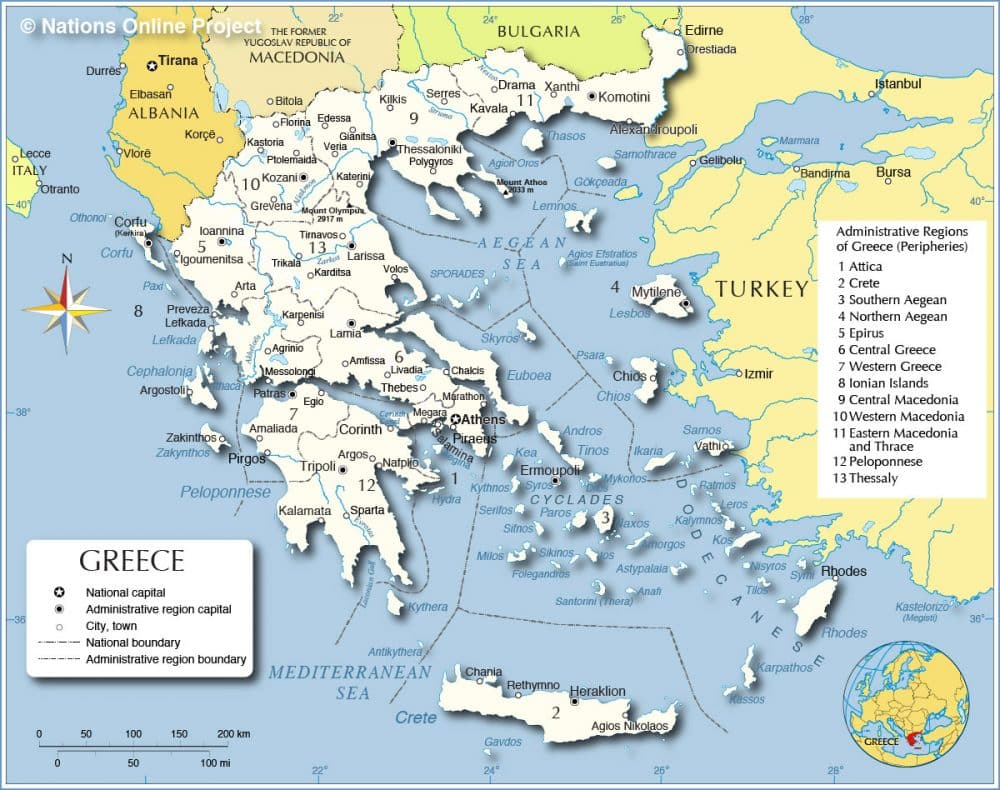
There are large Greek-speaking populations in Albania, Turkey, Italy, Western Europe, the EU, Canada, Argentina, Brazil, and Australia.
Although the Greek language is not among the most widely spoken languages, it has a massive influence on our world today. Long after the downfall of the ancient Greek empire, the Greek language has remained central to culture, science, and religion all over the world.
This blog offers you an insight into the history and development of the Greek language. Keep reading, and you will find 10 interesting facts about Greek, the oldest Indo-European language and how it has left its mark on English.
History of the Greek language
Modern Greek is a descendant of the Ancient Greek language and is part of the Hellenic, also known as Greek, branch of the Indo-European language family. The Greek language dates back to the 13th–14th century BC.
The first Greek letters
The first Greek letters were found in the remains of the Minoan Knossos Palace on the island of Crete and were written on baked mud tablets. The language on this inscription became known as Linear A and, to this day, is not fully deciphered. One of the most famous inscriptions in Linear A is written on the infamous Phaistos Disc.
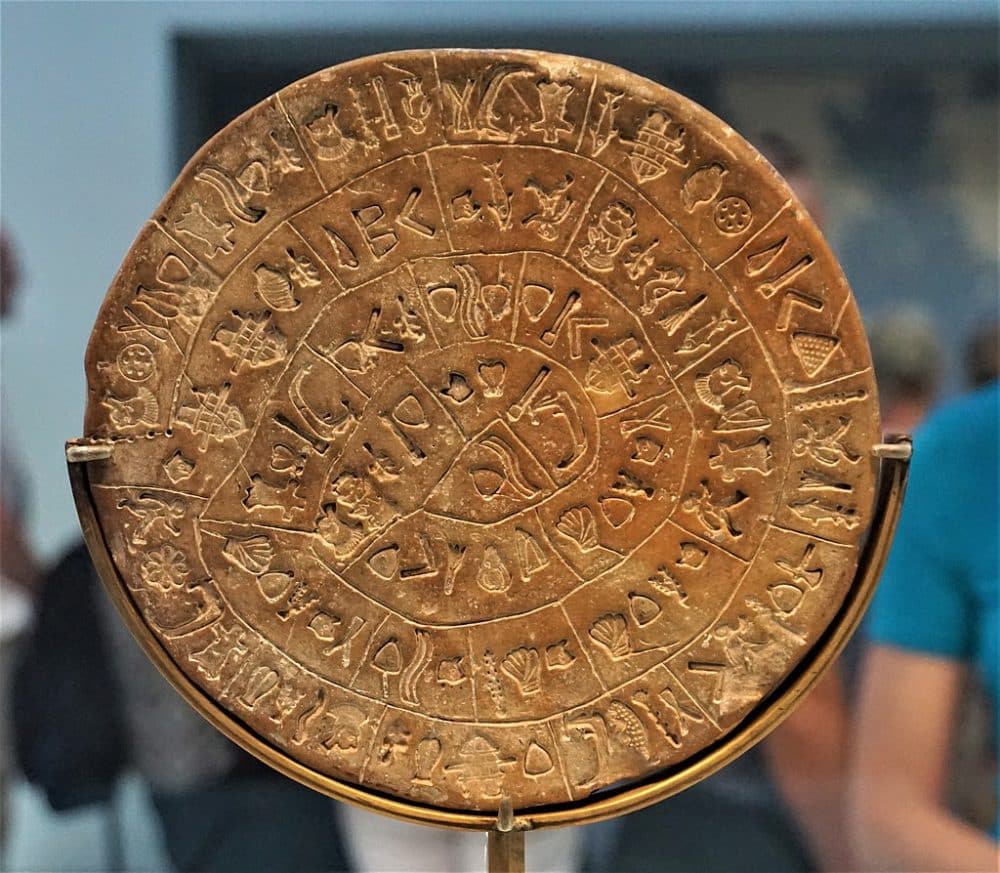
Around the 12th century, a new language, Linear B, started to develop. It is well known as Mycenaean Greek since it was the official dialect of the Mycenaean civilization.
During the 9th–8th century BC, the Phoenician alphabet, which was written from left to right, was introduced. This written form is the closest to the modern Greek we know today.
Also read: What Languages Are Spoken In Greece?
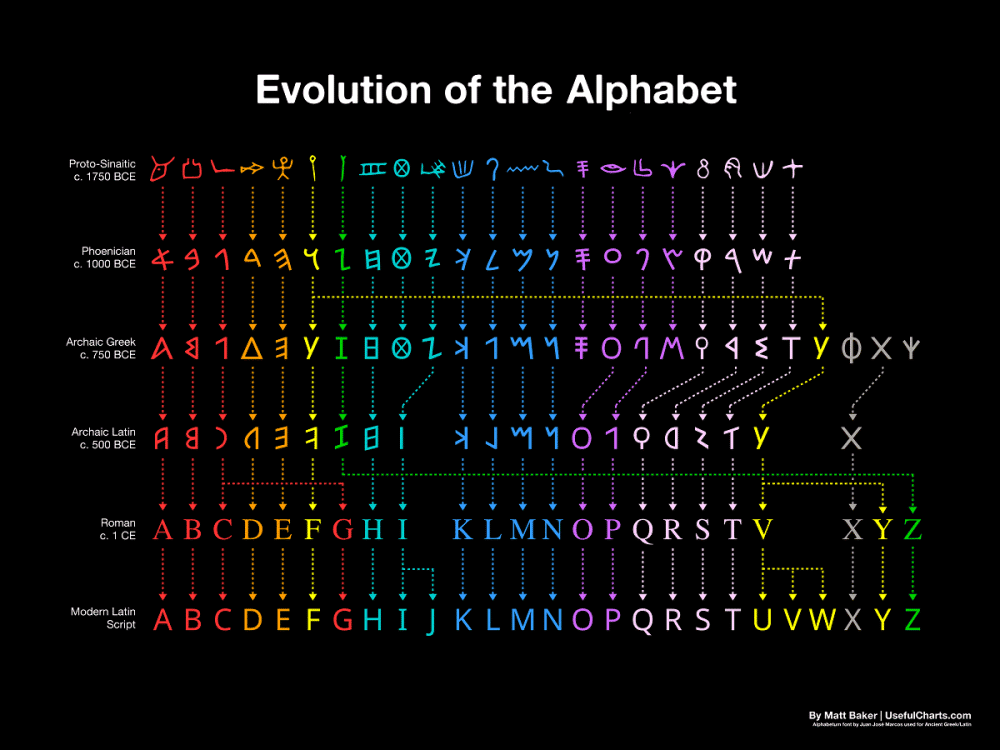
The origins of the Greek language
During the 6th–4th century BC, which coincides with the so-called Classical period, the territory of Greece was divided into several states, and each one of them had its Greek dialect. Among all dialects, Ionic and Attic were the most important.
It was during the Classical period that Athens established itself as the economic, political, and cultural centre of Greece. Since Attic was the most widely used dialect in the region of Athens, it soon became the common language in the whole country.
Alexander the Great contributed greatly to the expansion of the Attic idiom. During his expeditions to the eastern Mediterranean and the Middle East, he introduced the language to these new territories. Gradually, the local dialects mixed with the Attic idiom, which led to the creation of the so-called Hellenistic Koine.
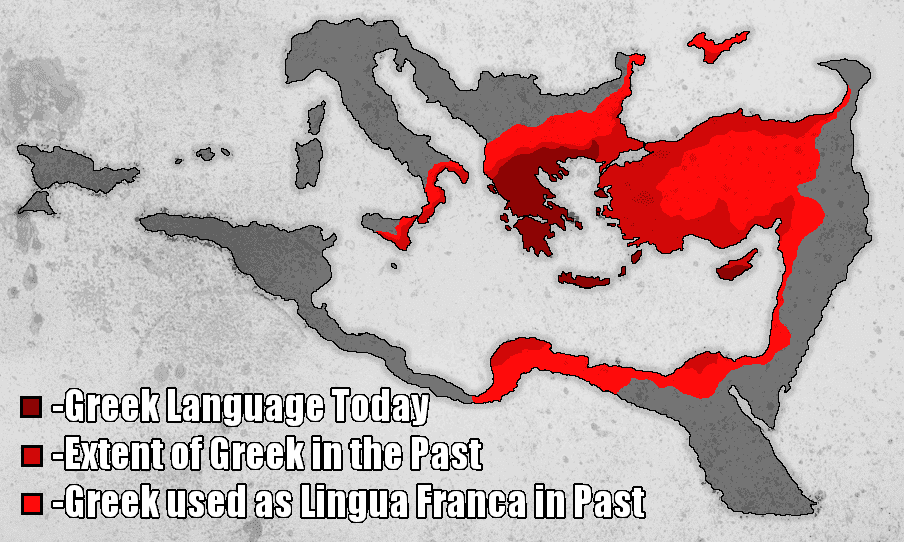
Later on, the Attic idiom became the official language of the Roman Empire, the original language of the New Testament, and eventually the basis for the development of medieval and modern Greek.
Also read: Language vs Dialect vs Accent: What Is The Difference?
Standardization of the Greek language
In 1829, the modern Greek state was created. After 4 centuries of Ottoman rule, the Greek language was mostly spoken, and the written form was almost forgotten.

Nevertheless, in the newly established state of Greece, standardizing the language was a crucial part of the nation-building process.
One of the suggestions was to adapt the Attic language. Indeed, this option was very attractive due to Western Europe’s appreciation of ancient Greek culture. However, the adaptation proved impossible.
So, the Greek scholar Adamantios Korais (1748–1833) came up with another suggestion. His idea was to adapt the spoken language to the principles of ancient Greek. His suggestion was accepted, which led to the creation of the Katharevoussa, meaning “purified language.”
The Katharevoussa became widely associated with governmental, educational, and religious institutions. In their everyday lives, however, the common people used the Dimotiki language.
During the 20th century, the Greek language debate became significant once again. Riots and protests broke out against the Katharevoussa language. People claimed that it was used as an instrument to deny common people, who only spoke Dimotiki, access to education.
Also read: What Are The Fastest Growing Languages?

In 1976, the dispute was resolved. The Dimotiki language was accepted in both education and administration. It became the formal language of modern Greece.
Despite the long process of standardization of the Greek language, many of the local oral dialects survived. Thus, when travelling through Greece, one can hear a wide variety of local accents.
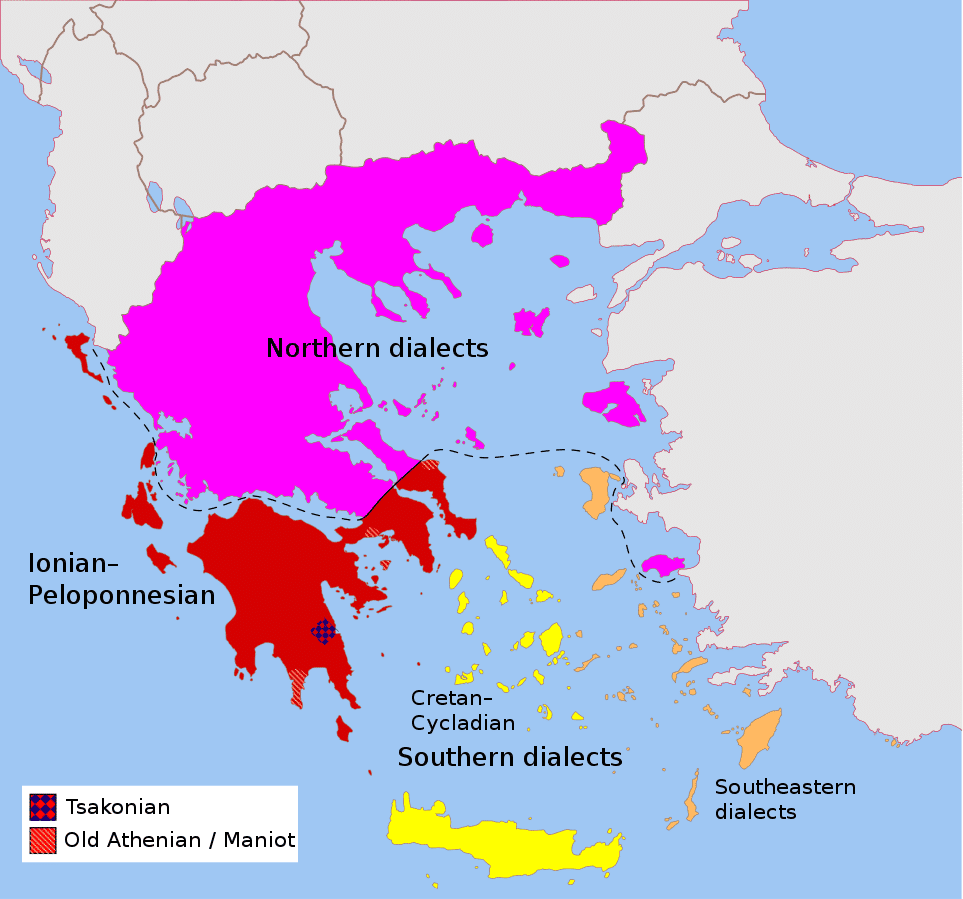
10 Interesting facts about Greek
The Greek language and culture had a great influence on many domains, such as astronomy, philosophy, mathematics, and even some languages.
This section offers some interesting facts about the Greek language.
1. Greek is the oldest Indo-European language
Greek is the oldest living language from the Indo-European language family. There are written records in Greek that date back at least 3,400 years.
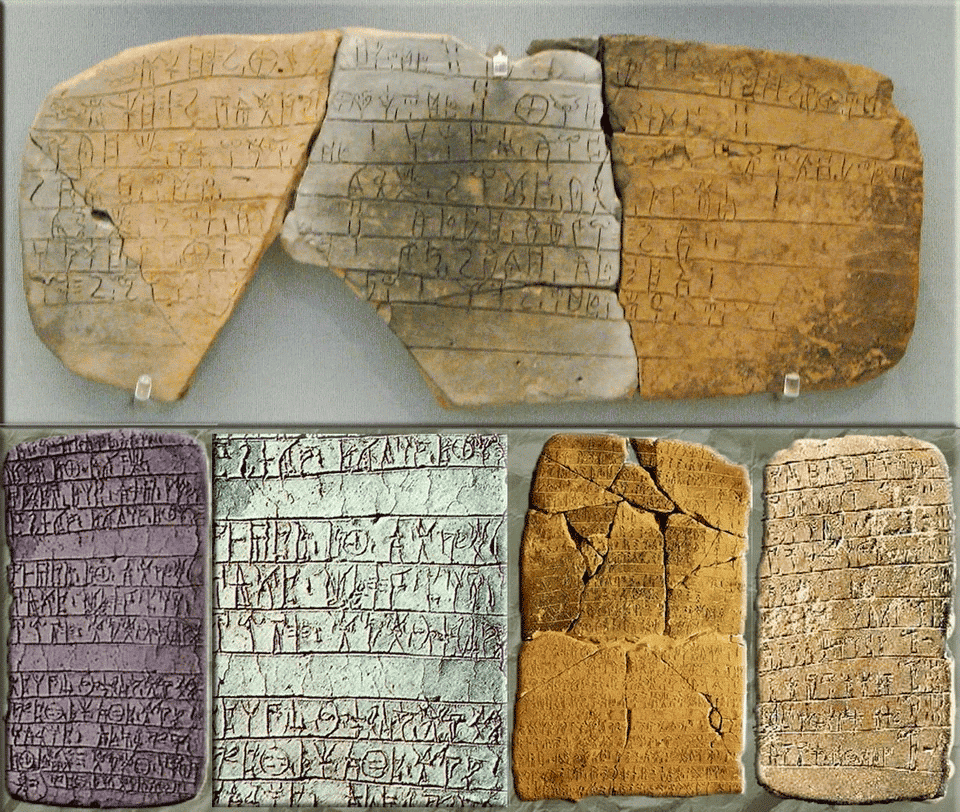
2. The Greek alphabet was the first alphabet with vowels
The Greek alphabet was the first to have symbols denoting vowel sounds. All pre-existing alphabets had letters only for consonants.
For instance, the Greek alphabet is based on the Phoenician alphabet, which had letters only for consonants. Even today, scripts like Hebrew and Arabic contain no vowels.
Also read: 10 Reasons Why Arabic Is An Incredibly Interesting Language
3. Ancient Greek was originally written from right to left
Ancient Greek, like Hebrew and Arabic, was written from right to left. Nowadays, however, like all other Indo-European languages, Greek is written from left to right.
In 403 B.C., the Greek alphabet was standardized. As a result, left-to-right writing was introduced and soon became the norm.
4. The New Testament was written in Greek
Indeed, the New Testament was written in ancient Greek.
The authors, however, were not native Greek speakers, and some of them did not even write that well in Greek. Still, they wanted their work to reach as many people as possible. At that time, Greek was the lingua franca of the Roman Empire, so it made sense to write the New Testament in the most widely used language.
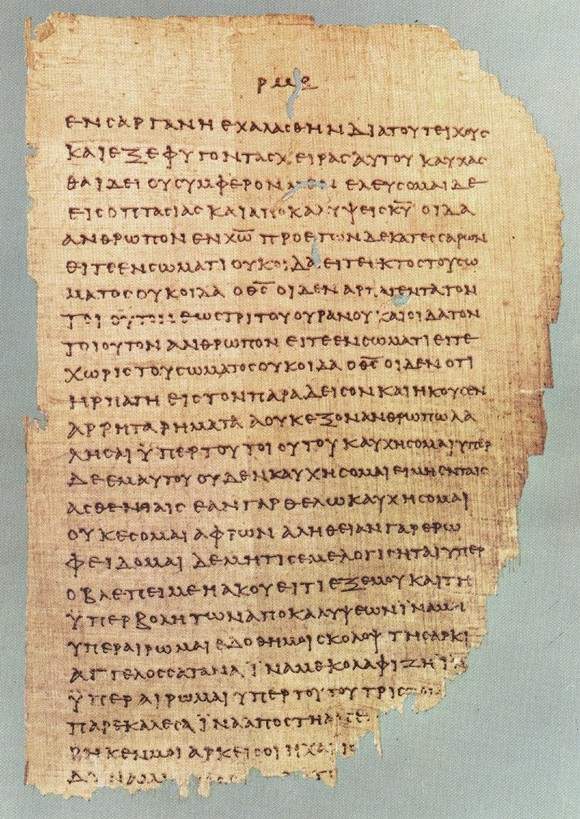
5. Greek was the language of education in the Roman Empire
During the times when Greece was a province of the Roman Empire, the conquerors recognised the importance of the Greek language. Therefore, Greek was viewed as mandatory for every educated person.
Also read: Top 6 Languages For Your Business
Connect With Your Greek Customers In Their Language
Milestone helps you seamlessly translate content & localize your website, products, services, and more in 70+ languages. Get in touch with us for a special discount.
6. The Greek language is the only language in the branch of the Hellenic languages
The fact that Greek is the only language in the Hellenic languages branch adds to the language’s uniqueness. This means that there are no other languages similar to Greek.
Such languages are called “language isolates.”
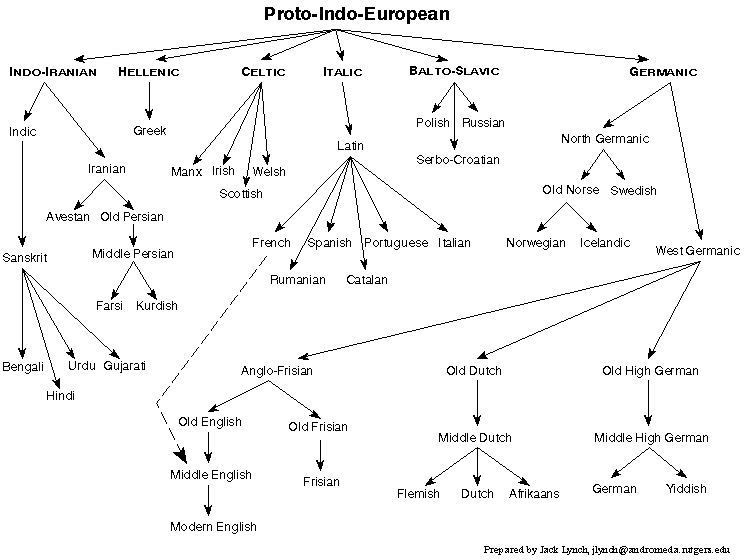
7. The longest Greek word
The longest Greek word contains 172 characters. It was created by Aristophanes in his comedy “Assemblywomen” and denotes a fictional dish.
When transliterated into English, it looks like this:
Lopadotemachoselachogaleokranioleipsanodrimhypotrimmatosilphioparaomelitokatakechymenokichlepikossyphophattoperisteralektryonoptekephalliokigklopeleiolagoiosiraiobaphetraganopterygon
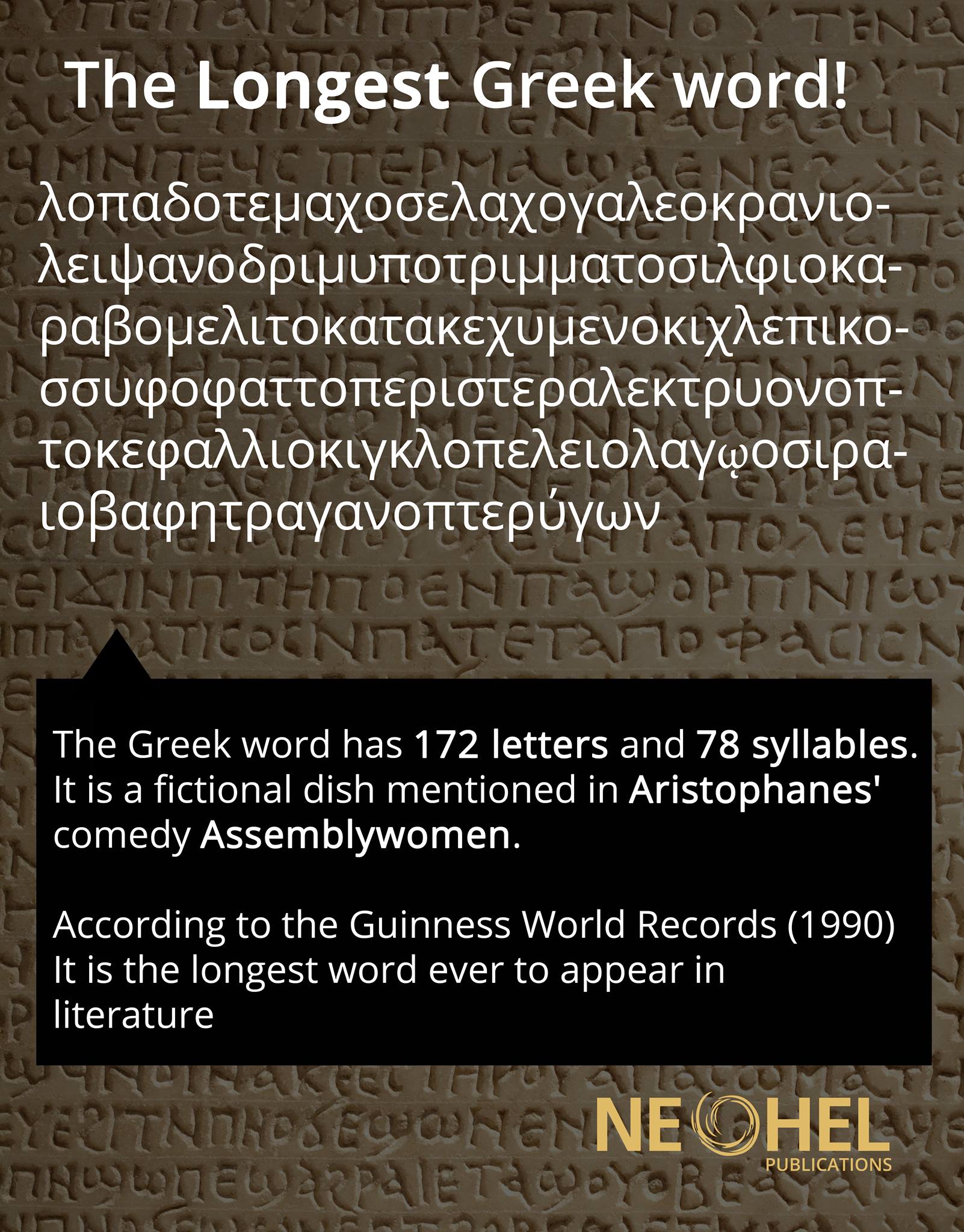
Also read: Translation, Transcreation, and Transliteration: What Is The Difference?
8. The word ‘alphabet’ is a combination of ‘alpha’ and ‘beta’
“Alpha” and “Beta” are the first two letters in the Greek alphabet.
What’s more, the Latin, Cyrillic, and Coptic alphabets are all based on the Greek alphabet.
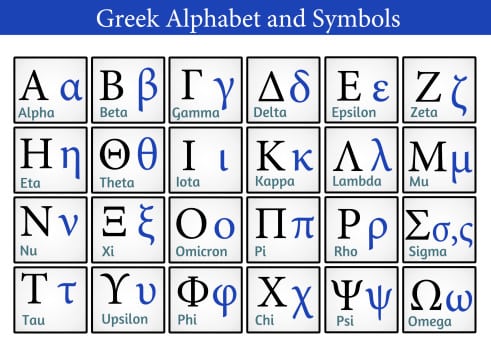
9. Using Latin letters to write in Greek is called ‘Greeklish’
“Greeklish” was developed as a workaround in the past when computers and mobile phones did not operate in the Greek alphabet.
There is even a book published in Greeklich called “Exegesis” by Astro Teller.
Also read: 10 Fascinating Facts About Spanish
10. The Greek question mark looks like a semicolon
Not only do the letters look different in Greek, but so does the punctuation. In fact, in Greek, the question mark is a semicolon (;) and is situated at the end of the sentence.
Influence of Greek on the English language
Linguists have estimated that between 12 and 30% of all English words are derived from the Greek language.
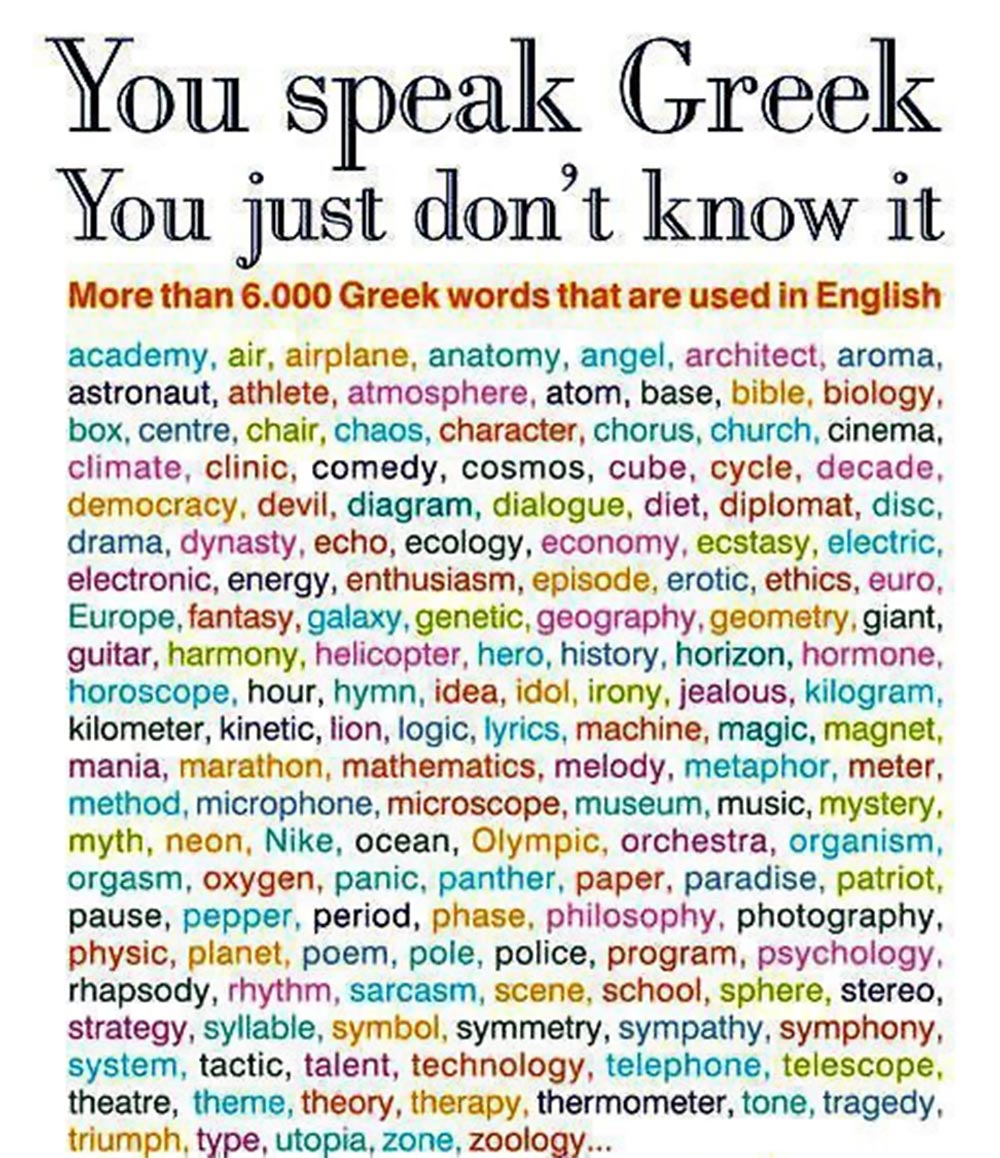
Words such as mathematics, geography, philosophy, politics, athletics, electricity, technology, etc. have Greek origins. Here are some more examples:
- Democracy: demos (δήμος ‘people’) and Kratos (κράτος ‘power’).
- Butter: boútȳron (βούτυρον ‘butter’).
- Telephone: telos (τῆλε ‘far’) and foní (φωνή ‘voice’).
- Marathon: from the Greek city of Marathon.
Most technical and scientific terms stem from Greek. Moreover, almost every word in English that starts with “ph”’ is of Greek origin. For instance, physical, phrase, photo, phoneme, phobia, phenomenon, etc.
Nevertheless, you might be surprised to learn that English has influenced Greek, too.
Of course, English hasn’t had the same influence as Greek, but there are still a few words that are derived from it. For instance, the noun γκλαμουριά (pronounced “glamour-ee-ah”) stems from “glamour,” and the verb φρικάρω (pronounced “freak-are-oh”) is derived from the English verb “freak out.”
Conclusion
The Greek language is among the oldest languages in the world, and it used to be the common language of the Roman Empire. Although Greek is spoken today by only 13 million people, its speakers are spread all over the world.
Throughout its history, the Greek language has influenced many domains such as science, religion, literature, and culture. English itself contains thousands of words of Greek origin.
It turns out that if you are fluent in English, you might as well understand some Greek!
Connect With Your Greek Customers In Their Language
Milestone helps you seamlessly translate content & localize your website, products, services, and more in 70+ languages. Get in touch with us for a special discount.




